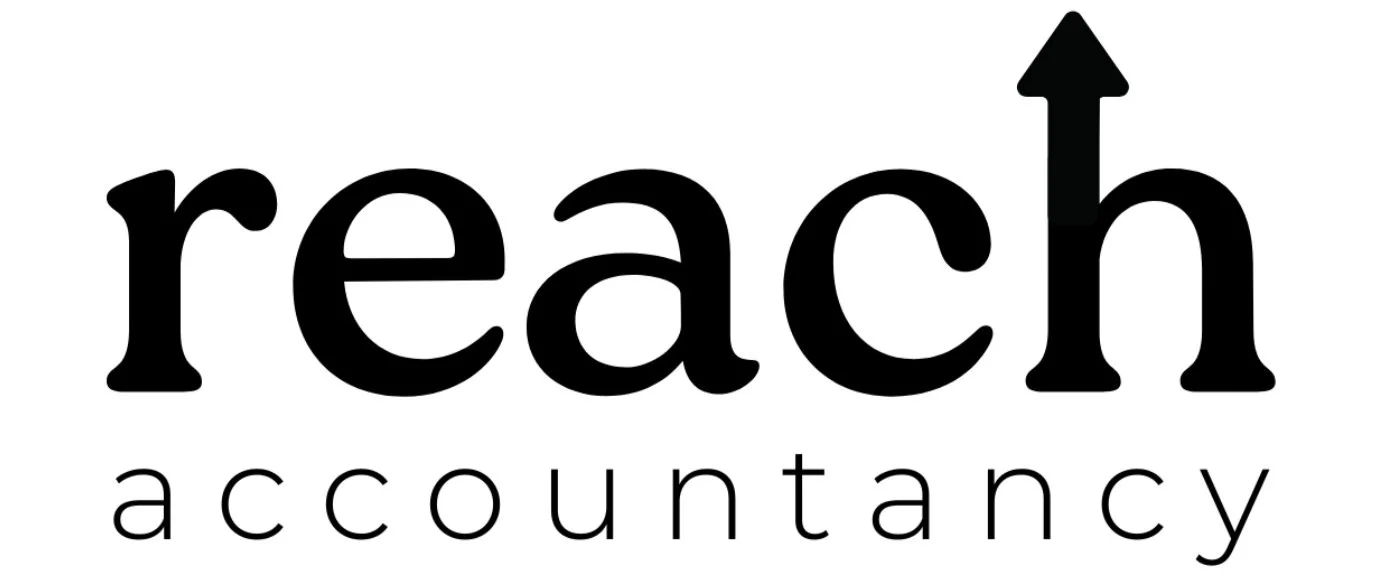Side Hustles and Tax: What You Need to Know
More and more people are running side hustles alongside their main jobs - this includes things like selling on platforms like Vinted or eBay, freelancing, tutoring, or running a small online business. But when does a hobby or side hustle become something you need to tell HMRC about?
Selling Your Own Clothes and Belongings
If you’re simply selling your own personal items (for example second-hand clothes, children’s toys, or old furniture) on sites like Vinted, eBay or Facebook Marketplace, this is usually classed as just selling off your belongings, not running a business. In most cases, this income isn’t taxable.
However, if you are buying items with the intention of reselling them at a profit, that does count as trading, and you’ll need to check whether your income falls within HMRC’s thresholds.
What About Platforms Like Vinted and eBay Sharing Data?
Online marketplaces such as Vinted, eBay and Etsy are now sharing information about their sellers with HMRC. This doesn’t mean you’ll suddenly get a tax bill just for selling your old winter coat or a bundle of toys. HMRC understands that most people are simply clearing out their cupboards.
What it does mean is that if you are running a trading activity - for example, buying stock specifically to sell on for profit - HMRC will have the data to check whether you’re declaring your income correctly. If you’re only selling personal second-hand items, you’re not “caught out” by this reporting.
The £1,000 Trading Allowance
If you earn £1,000 or less in a tax year from self-employment (before expenses), you don’t need to declare it to HMRC. This is thanks to the “trading allowance”, which is a tax-free amount designed for small or occasional earnings.
That means if you only make the odd bit of income from selling or side work, you might not need to do anything at all.
If You Earn Over £1,000
Once your side hustle income goes above £1,000, you need to report it to HMRC. At the moment, this means completing a Self Assessment tax return each year. We can take care of this process for you and make sure your tax position is accurate.
What’s Changing?
HMRC has announced plans to introduce a new, simpler online service for people earning between £1,000 and £3,000 a year from side hustles. This will mean you still need to pay tax, but you may not need to complete a full tax return. The exact launch date and process haven’t yet been confirmed, so for now it’s very much “watch this space”.
If your self-employment income is above £3,000, you will still need to complete a Self Assessment tax return.
Myth-Busting FAQs
Do I have to pay tax if I sell my old clothes on Vinted?
No. If you’re just selling your personal second-hand items, that isn’t taxable.
HMRC says Vinted and eBay report sales, does this mean I’ll get a tax bill?
Not necessarily. Platforms do report seller data, but HMRC is mainly interested in people running trading activities, not individuals clearing out wardrobes.
What if I make under £1,000 from my side hustle?
If your total self-employment income is under £1,000 in a tax year, you don’t need to declare it thanks to the trading allowance.
I’ve started making regular profits. What do I need to do?
If you’re earning over £1,000, you need to report it. We can help you register with HMRC, keep your records, and file your tax return.
How We Can Help
Whether your side hustle is just starting to grow or already a reliable second income, we can help you:
Understand your reporting obligations
Keep on top of deadlines
Make sure you’re not paying more tax than you need to
Advise you when the new HMRC service becomes available
Running a side hustle can be exciting, so don’t let tax worries hold you back. Get in touch with us today if you’d like tailored advice on managing your extra income.
Disclaimer: This article is for general information purposes only and reflects the law and guidance at the time of writing. It does not constitute professional advice. Please consult a qualified advisor before making financial or tax-related decisions.

